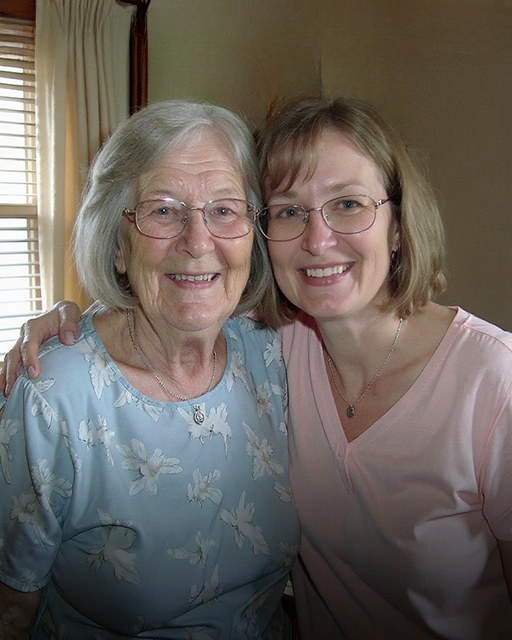Martha Collins had taken a DNA test on a whim, expecting nothing more than a fun ancestry chart or maybe a few distant relatives. She never imagined it would upend her entire life.
The results suggested she had a daughter.
There was just one problem: Martha had never been pregnant.
For sixty years, Martha had believed her life had unfolded exactly as it was meant to. A devoted civil rights attorney, she spent decades alongside her husband, Henry, defending the voiceless and tackling cases most lawyers wouldn’t touch.
They’d met in college during a protest in the late seventies. He was shouting through a megaphone; she was calmly organizing the march. When he offered her water, she teased him for using plastic. He laughed. And from that moment, they’d been inseparable.
They’d often talked about having children, but work always came first—another case, another protest, another person in need. By the time they reached their mid-fifties, adoption had been the only remaining option, still tentative, still uncertain.
Then one afternoon, her world changed.
Martha’s phone rang while she was buried in case files.
“Mrs. Collins? I’m afraid I have bad news about your husband, Henry…”
A heart attack. Henry was gone before help arrived. Martha was fifty-seven.
Unlike Henry, who had a big loving family, Martha had grown up in foster care, moving from home to home until she aged out at eighteen. Her drive and intellect had carried her through college and law school, but now, the home she shared with Henry felt empty.
Martha threw herself into work, trying to drown the grief. But exhaustion took its toll—one day, she fainted in court during closing arguments.
Her doctor’s advice was clear: she needed to rest.
Eventually, she took a sabbatical and accepted a part-time teaching position at the same university where she and Henry had met. The days were manageable, the nights long and lonely. She’d sit up until 2 a.m., filling silence with shows she didn’t even like.
One evening, a talk show caught her attention. A woman spoke about discovering her birth father through a DNA test. Martha felt a jolt.
The next morning, she ordered a DNA kit online. Just curiosity, she told herself. Nothing more.
Weeks later, the results arrived. At first, the ancestry breakdown was harmless—some English, a trace of Irish, a dash of Scandinavian. Then she saw it:
Close Family Match: 49.96% Shared DNA. Likely Relationship: Parent/Child. Name: Anna Brooks. Age: 33.
Parent? Child? Martha froze.
“I’ve never had children,” she whispered.
After confirming with the testing company, one conclusion remained: she might have an identical twin.
Martha was stunned. No one had ever mentioned a twin during her years in foster care. But the DNA didn’t lie.
Curiosity won. She sent a message to Anna Brooks:
“Hello, Anna. This may sound strange, but my DNA shows a close connection. I’d love to understand how this is possible. —Martha Collins.”
Anna replied quickly: “I was hoping you’d reach out. Please call me.”
Two days later, Martha met Anna at a cozy café in Denver. Anna’s auburn hair and mannerisms mirrored Martha’s own. As they talked, Martha realized Anna’s mother had been adopted, never knowing her birth family. That mother, Martha’s long-lost sister, had unknowingly been living just across town from her identical twin.
Anna, now a mother of four, had persuaded her mother to take a DNA test. And Martha? She had suddenly become an aunt.
Over the coming weeks, Martha and Helen—her sister—grew inseparable. They shared meals, stories, and laughter. Martha became part of Anna’s children’s lives, attending games, helping with homework, and baking birthdays cakes.
The quiet house that once felt empty was now filled with laughter, toys, and the warmth of family. Martha realized she had found the family she never knew she was missing.
On Helen’s sixty-fifth birthday, surrounded by children and grandchildren, Martha raised her glass:
“I used to think I was the old lady who never had kids,” she said. “But I was wrong. I have a sister, a daughter, and four grandchildren who’ve filled my heart more than I ever imagined.”
Helen squeezed her hand. “You didn’t just find us, Martha. You found your way home.”
For Martha, home had never been a place. It had always been the people she was meant to find.
